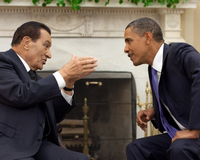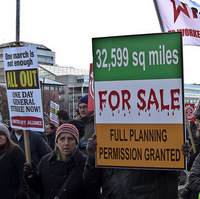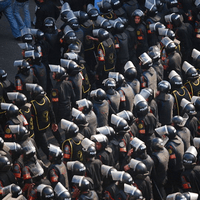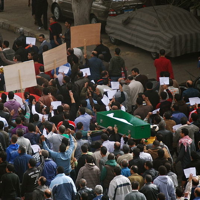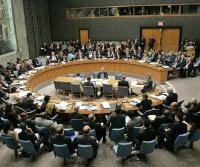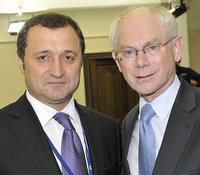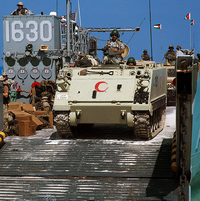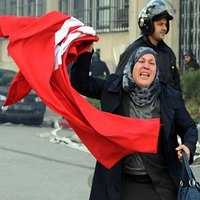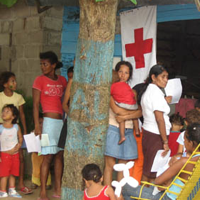
Looking down from the hilltops of Bogotá’s southern rim, a sea of shingled rooftops and cinderblock huts stretches toward the horizon. These ever-expanding slums are home to tens of thousands of internally displaced persons (IDPs), Colombians who have fled their homes elsewhere in the country to escape the country’s long-running armed conflict. Here, Lady Carabali, a mother of five, lives in a damp, ramshackle home made from pieces of wood and scrap metal, with no running water or electricity. She was driven from her small farm on the Pacific coast by paramilitary violence more than a decade ago. Each day, […]

